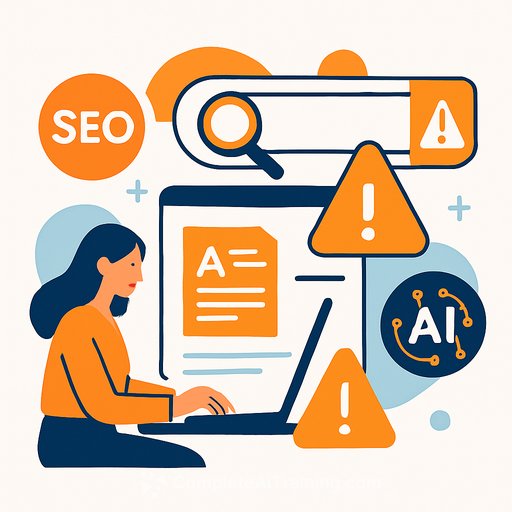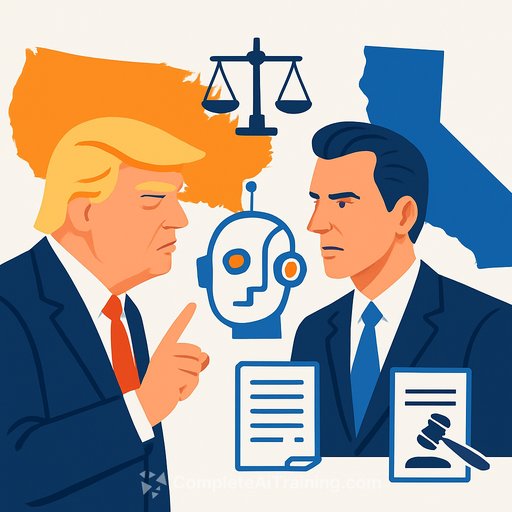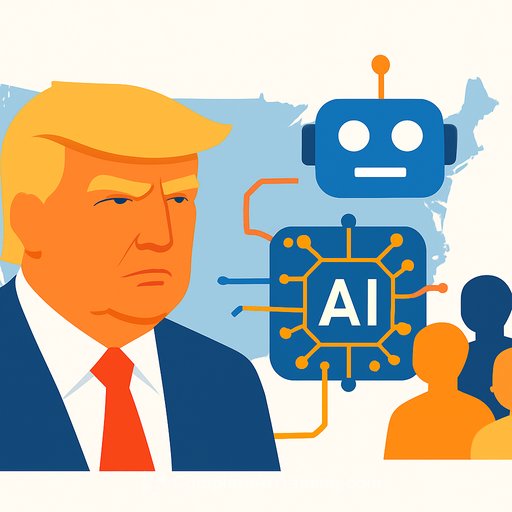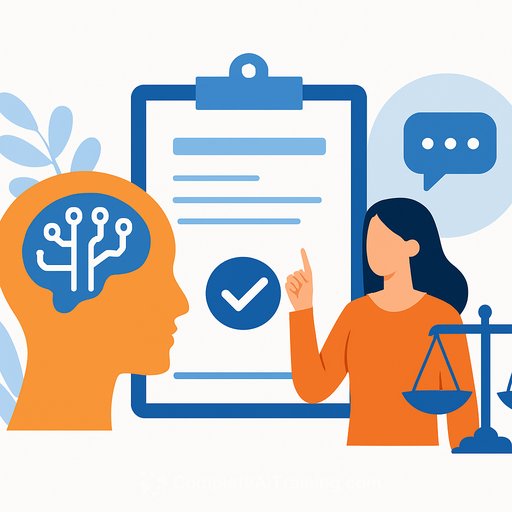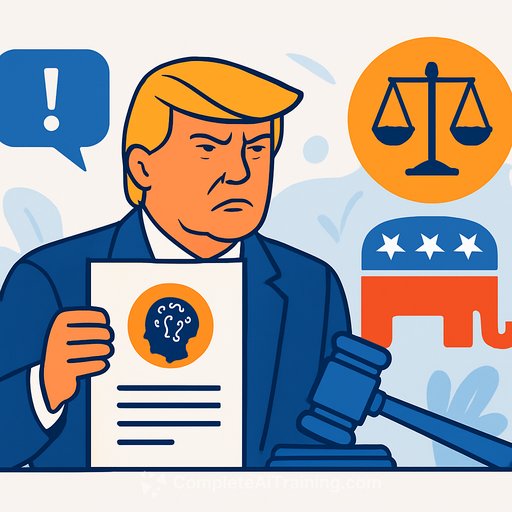Low-quality AI Content: A Legal Marketer’s Guide to Google’s Warning Signals
Earlier this year, Google updated its Search Quality Rater Guidelines (QRGs), the standards used by human evaluators to judge whether web pages are helpful and high-quality. Though the update didn’t initially grab headlines, it introduced a crucial change in Section 4.6.6. It states that pages with main content—text, images, audio, or video—that is copied, paraphrased, embedded, or AI-generated with little effort, originality, or added value will receive the lowest quality rating.
For legal marketers, this means content created with minimal human input or originality is at risk of being flagged as low quality and losing search ranking value. This applies across all content types and signals a need to rethink how AI fits into your marketing strategies.
Why Quality Rater Guidelines Matter for Legal Marketers
Quality Raters don’t directly impact search rankings. Instead, they assess websites manually and provide feedback to Google engineers. Their evaluations influence future algorithm updates.
Think of these guidelines as a preview of what Google will reward or penalize at scale. For legal marketing firms, this insight is vital for building content strategies that last amid ongoing search engine changes.
What The Update Means for Marketing Agencies
The new rules don’t just target AI-written text. They cover all content types and flag anything created with minimal originality or value. This particularly affects agencies that:
- Publish blogs or pages fully written by AI tools with little human editing or legal insight.
- Produce videos using avatars and templated scripts without adding unique commentary.
- Embed infographics or animations from third-party sources without tailoring them to the firm’s audience.
- Create numerous similar pages (e.g., practice area pages for multiple cities) with only minor changes.
While none of these tactics are inherently wrong, Google is clear: intent, effort, and originality count more than volume or speed.
Can AI Be Used in Legal Marketing?
Yes. Google isn’t banning AI-generated content outright but wants to limit low-value, repetitive material. AI can assist content creation when it supports a thoughtful, human-led approach.
Use AI for brainstorming, drafting outlines, or generating early drafts. It’s also effective for crafting email subject lines, social media hooks, or condensing long-form content into snippets.
The key is that AI should speed up creation, not replace human expertise. You still need a deep understanding of your clients’ services and their audience to produce content that performs well and generates leads.
How NOT to Use AI for Content
Some common pitfalls to avoid:
- Keyword stuffing: Avoid repeating keywords without adding meaningful content. For example, a page for a divorce attorney that only repeats the phrase “divorce attorney” won’t be seen as helpful.
- Overusing AI templates: Relying heavily on AI-generated templates without human review leads to content that feels fake and low quality.
- Ignoring accuracy and attribution: AI can “hallucinate” facts or laws. Always fact-check and verify sources to maintain credibility and compliance.
How to Avoid AI Content Mistakes
Implement these steps to maintain quality when using AI:
- Document your content process: Define clear steps to ensure all content meets quality standards and legal accuracy.
- Create and use a quality checklist: Verify originality, unique insights, SEO best practices (like schema markup and linking), and source verification.
- Use AI-optimization tools: Tools like Originality.AI, CopyLeaks, SurferSEO, and Clearscope help check for plagiarism, accuracy, and SEO effectiveness.
The Future of AI Content in High-Trust Industries
AI content creation isn’t going away, but it brings challenges, especially in legal, healthcare, and finance sectors. These “Your Money Your Life” industries face higher scrutiny from Google and require content that is accountable, accurate, and author-driven.
Regardless of government regulations, search engines will continue to prioritize content quality, authorship, and purpose. Legal marketers must keep people involved in the content process and continuously monitor AI’s impact on SEO performance.
Marketing in the Age of AI
Legal marketing agencies should balance productivity gains from AI with Google’s quality standards. Producing more content faster is not valuable if it undermines site quality or user trust.
When clients ask about using AI to scale content, be clear about the risks. Poorly executed AI content can harm search rankings and your agency’s reputation. The best approach is to integrate AI thoughtfully, ensuring human expertise guides every piece.
For those interested in exploring how AI fits into marketing strategies responsibly, resources like Complete AI Training’s latest AI courses offer practical guidance and tools specific to various industries.
Your membership also unlocks:

